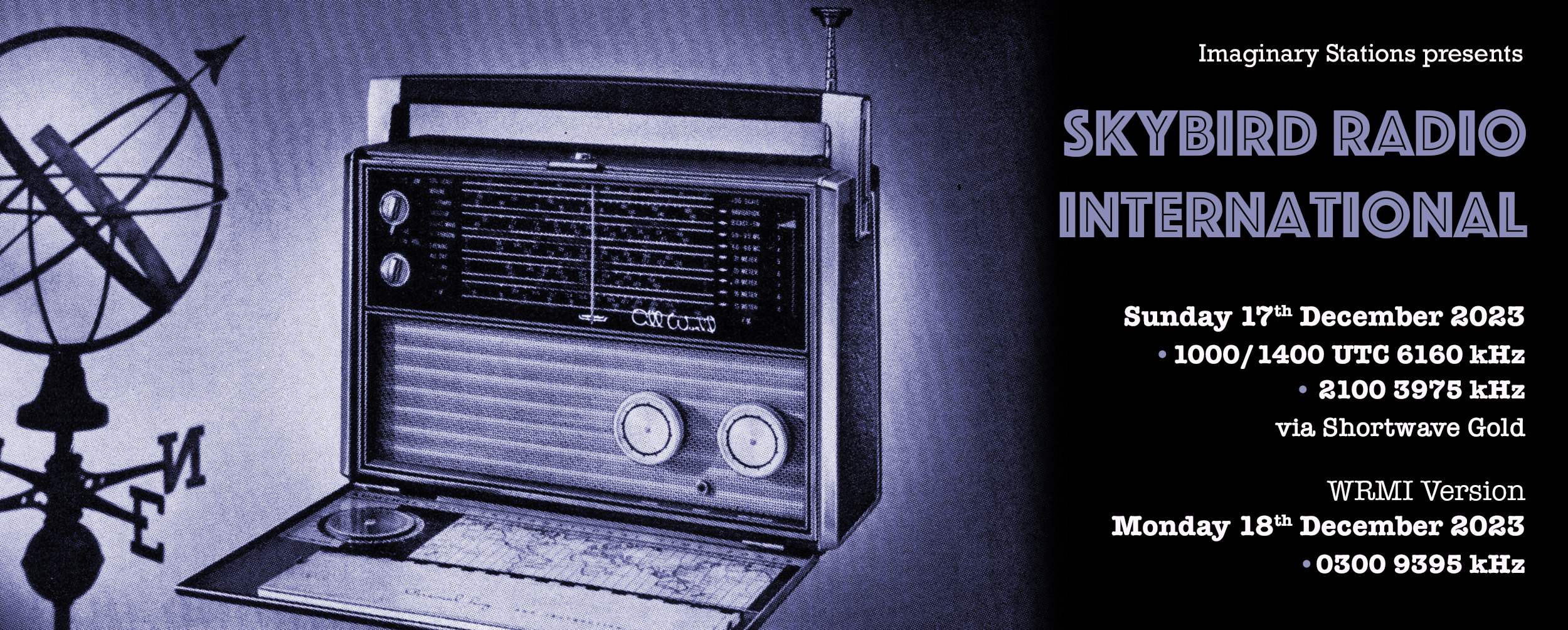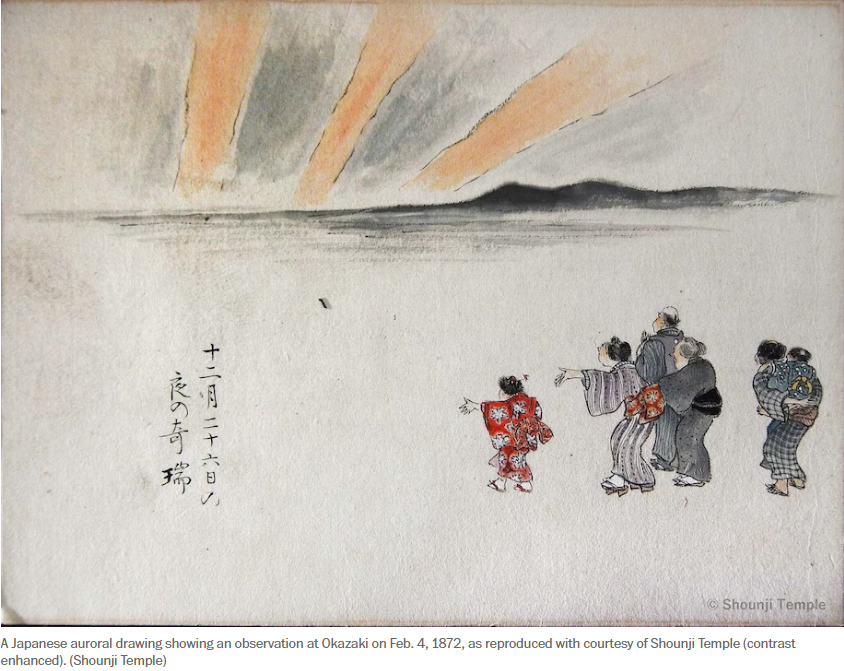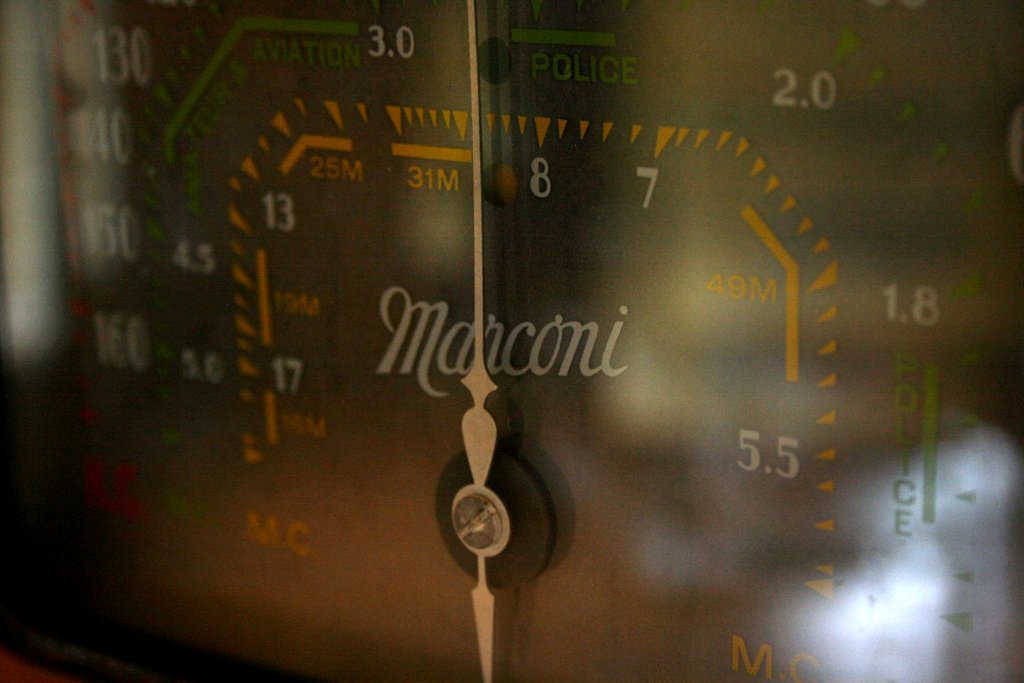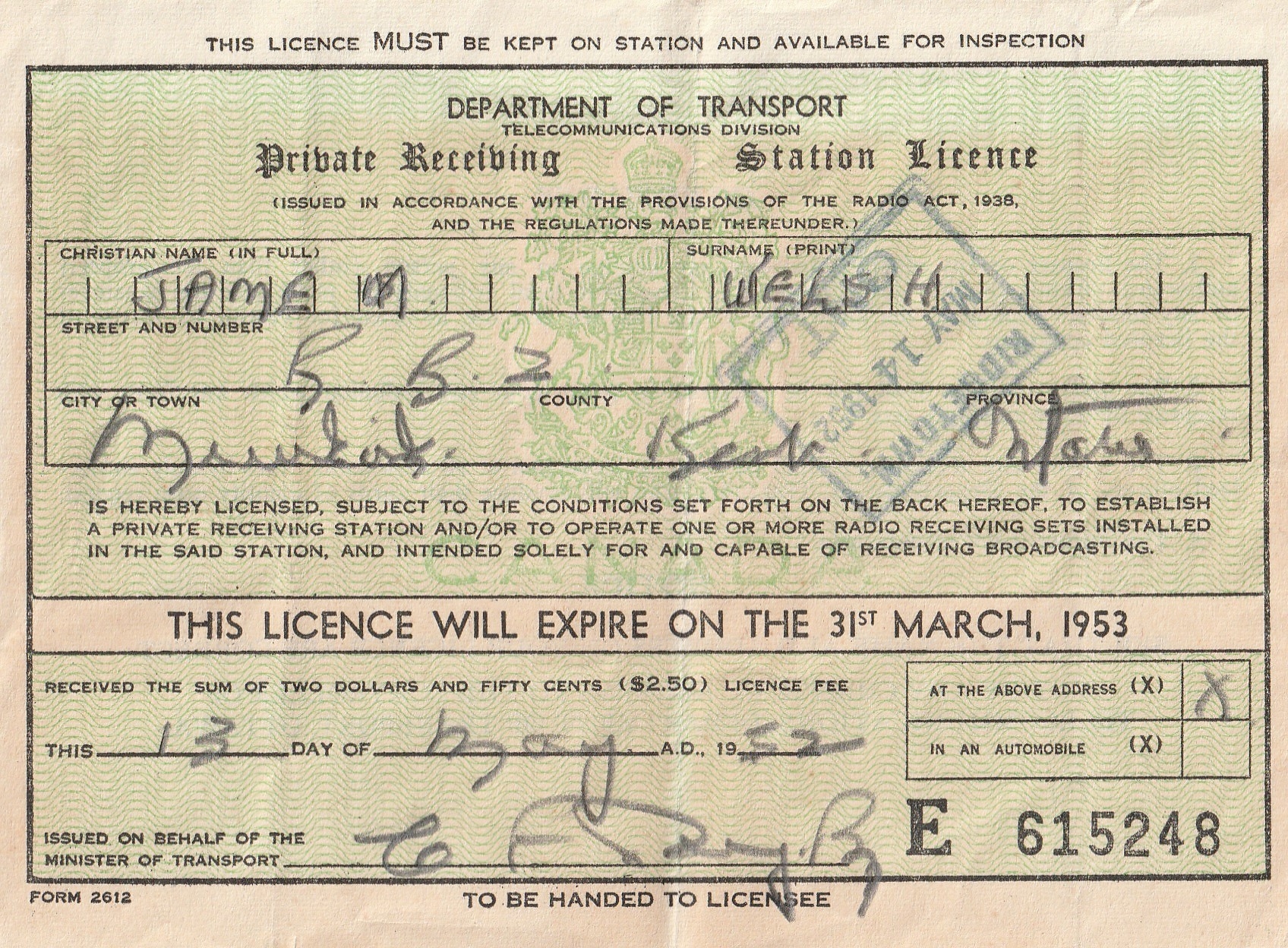Many thanks to SWLing Post Contributor, Troy Riedel, who shares the following news via Spaceweather.com:
(UPDATED) STRONGEST FLARE OF THE CURRENT SOLAR CYCLE:
Sunspot 3514 erupted on Dec. 14th (1702 UT), producing a strong X2.8-class solar flare. This is the strongest flare of Solar Cycle 25 (so far) and the most powerful eruption the sun has produced since the great storms of Sept. 2017. NASA’s Solar Dynamics Observatory recorded the extreme ultraviolet flash:
Radiation from the flare has caused a deep shortwave radio blackout over the Americas: blackout map. Ham radio operators may have noticed loss of signal at all frequencies below 30 MHz for more than 30 minutes after the flare.
This explosion probably launched a fast-moving coronal mass ejection (CME) Soon after the blast, the US Air Force is reported a Type II solar radio burst, which typically comes from the leading edge of a CME. Based on the drift rate of the radio burst, the CME’s velocity could exceed 2100 km/s (4.7 million mph).
Confirmation: Newly-arriving images from the Solar and Heliospheric Observatory (SOHO) show a lopsided halo CME:
Although this CME is not squarely aimed at Earth, it does appear to have an Earth-directed component. A glancing blow is likely on Dec. 17th. Solar flare alerts: SMS Text
Click here to stay up to date with all space weather events at Spaceweather.com.















